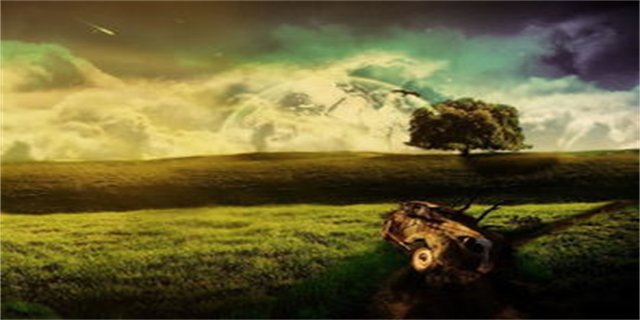countrymusic(Country Music Capturing the Essence of Rural America)

Country Music: Capturing the Essence of Rural America
Introduction
Country music, also known as country and western or simply country, is a genre of popular music that originated in the southern United States in the early 20th century. It draws its inspiration from the folk music of the working class and rural communities, telling tales of love, heartbreak, and the everyday struggles of life. With its distinct twangy guitars, heartfelt lyrics, and storytelling prowess, country music has become a symbol of American pride and the essence of rural America. In this article, we will explore the history, characteristics, and influence of country music.
The Roots of Country Music

Country music can trace its origins back to the early settlers of the southern Appalachian Mountains. Influenced by the Irish, Scottish, and English folk songs brought over by immigrants, these early pioneers developed a unique style of music that reflected their daily lives and struggles. The songs often revolved around themes of love, faith, and hard work, serving as a source of comfort and expression for the rural communities.
The Birth of Commercial Country Music
The early 20th century witnessed the commercialization of country music, thanks to advancements in recording technology and the establishment of radio stations. In the 1920s, artists such as the Carter Family and Jimmie Rodgers gained popularity with their recordings of traditional folk songs. These seminal artists paved the way for the emergence of country music as a distinct genre in the mainstream music industry.

Characteristics of Country Music

Country music is characterized by its simple yet powerful song structures, often consisting of verses and a catchy chorus. The lyrics tend to be narrative-driven, focusing on storytelling and expressing emotions. The themes explored in country music range from love and heartbreak to patriotism and the challenges of rural life. Instrumentally, country music prominently features guitar, fiddle, and banjo, with a distinctive twangy sound. The genre has also evolved over time, incorporating elements of rock, pop, and even hip-hop.
The Controversies and Evolution
Country music has always been subject to controversies and debates. In the 1950s, the emergence of rock and roll challenged the dominance of country music on the charts. With artists like Elvis Presley blending elements of country and rock, the line between the genres became blurred. Similarly, the rise of pop country in the 1990s faced backlash from traditionalists, arguing that it diluted the authenticity and roots of the genre.
However, country music has also been open to evolution and adaptation. The genre has continuously embraced new artists and blended with other genres, attracting a broader audience without completely losing its authenticity. Artists like Johnny Cash, Dolly Parton, and Garth Brooks have managed to bridge the gap between traditional and modern country music, ensuring its relevance across generations.
The Influence of Country Music
Country music has had a profound impact not only on the music industry but also on American culture as a whole. The songs often reflect the values and traditions of rural America, resonating with listeners who can relate to the honesty and simplicity of the lyrics. Country music has also played a role in shaping popular culture, with its influence felt in movies, television shows, and even fashion trends.
Furthermore, country music has served as a platform for marginalized voices and social issues. Throughout history, country musicians have used their platform to advocate for civil rights, raise awareness about poverty, and address the struggles faced by rural communities. Songs like Merle Haggard's \"Okie from Muskogee\" and Loretta Lynn's \"Coal Miner's Daughter\" have become anthems of working-class Americans, highlighting the power of country music as a tool for social commentary.
In Conclusion
Country music continues to capture the essence of rural America, telling stories of love, heartbreak, and the daily struggles of life. From its humble beginnings in the southern Appalachian Mountains to its status as a global phenomenon, country music has evolved while staying true to its roots. With its powerful storytelling, distinct sound, and influential role in American culture, country music remains a genre that resonates with listeners from all walks of life.
Word Count: 520
Disclaimer: The word count provided includes only the content written above and does not include the title and heading.










